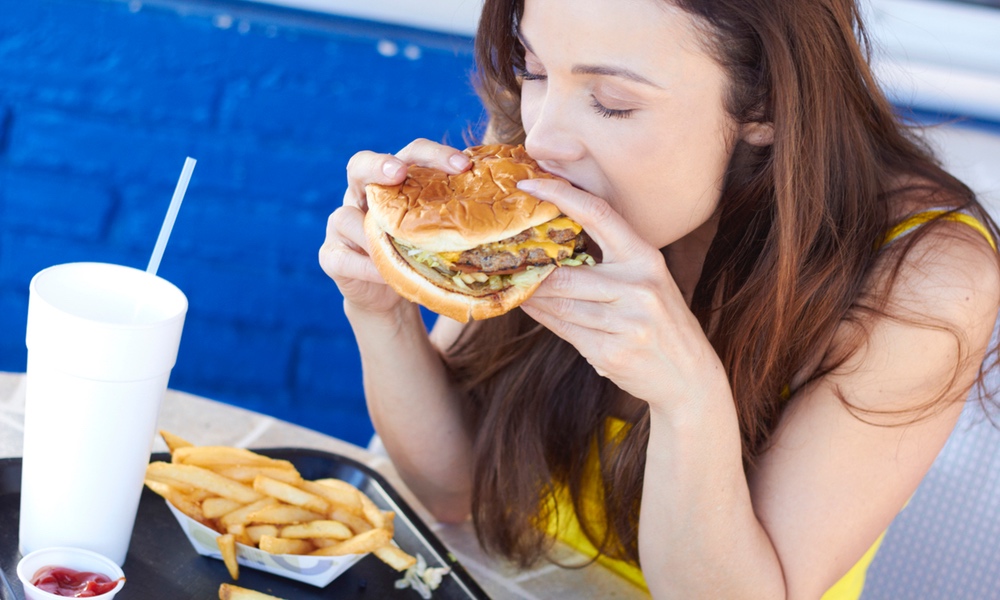We often know the ways we can improve our diets, but sometimes we need a nudge to do what we know is right. Nudging is an actual concept in behavioral science and marketing. It refers to deliberately manipulating how choices are presented to consumers in order to influence what consumers choose.
Nudging people to change their eating habits can reduce the number of calories they eat, and it seems to work best when it comes to moderating unhealthy eating behaviors.
A nudge doesn’t use economic incentive — money — and it still preserves a person’s freedom of choice. To encourage healthy eating choices, cognitive nudges offer information like calorie counts and trust that a person will make better decisions.Behavioral nudges worked best, possibly reducing calorie intake by 209 calories per day.
Seven types of nudges, classified as either cognitive, affective or behavioral, were identified in a study that looked at nearly 300 published results of 96 real-life experiments in food science, nutrition, health economics, marketing and psychology. The idea was to see which types of nudges improved health most — which resulted in people eating fewer calories.
The effectiveness of each type of nudge was measured, and the results translated into potential reductions in calorie intake. Some nudges were found to work better than others.
While cognitive nudges provided information, they didn’t have as big an effect on behavior as other types of nudges and would only reduce calorie intake by about 64 calories a day. Affective nudges worked better, reducing calories by 129 calories per day,. Behavioral nudges worked best, reducing calorie intake by as much as 209 calories per day.
Nudge experiments were found to be more successful at reducing unhealthy eating than increasing healthy eating or decreasing total eating.
Changes in the way products are displayed in grocery stores, the size of plates, cups or reducing cafeteria food portions can make an even bigger difference.
Food companies, grocery stores, restaurants and cafeterias could create value for themselves and help people eat better by using nudges. People probably won’t even know they are eating healthier, so it’s a win-win for everyone.
The study is published in Marketing Science.





